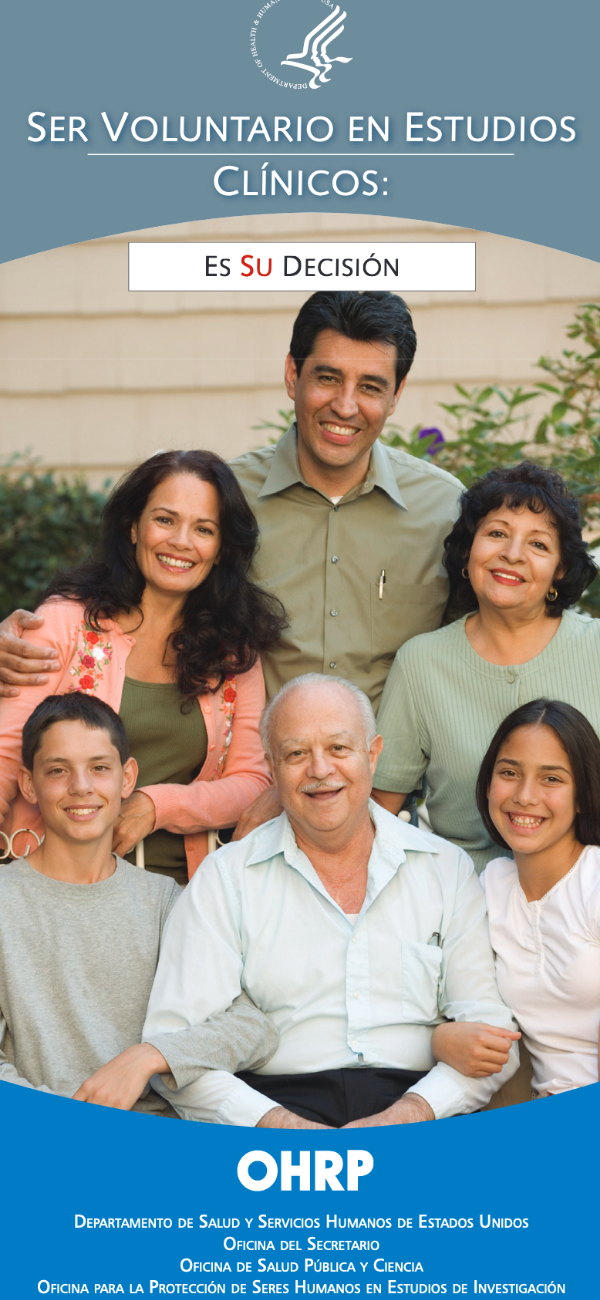Information for Research Participants
Participants are the MVPs of human subjects research at Utah State University. We have put together some more information about the research process to help you decide whether or not you want to participate in a study.
Your participation is always voluntary and you may choose not to participate or to quit participating at any time. Please know that this decision will not affect your current or future relations with Utah State University or any existing services you might receive.
We hope this website will answer any questions you may have. Thank you for your interest in our research!
Common Research at USU
Students, staff and faculty, and community members may be asked at one time or another to participate in research currently taking place at Utah State University. Many research projects only recruit participants from a single state, but when a broader perspective is needed, projects can span the entire country. In rare occasions, research studies might extend beyond our national borders to include participants from other countries.
The most common type of research project at USU only asks participants to fill out a survey, respond to service or opinion questionnaires, or agree to be interviewed. These studies enable participants to easily and conveniently engage with researchers remotely through phone, email, Zoom video chats, and other online platforms.
About one third of research at USU takes place in a classroom or educational setting. These projects are often used to test, develop, and evaluate new curriculum, teaching techniques and instructional practices, as well as strategies to promote and support student learning.
Some research at USU involves in-person kinesthetic, physiological, or psychological experiments. The level of risk involved in a study depends upon its design, methodology, subject matter, and intervention or interaction with human subjects. It is important to consider the level of risk and compare it to any potential benefits when you are deciding whether or not to participate in human subjects research.
The researcher conducting the study, sometimes called the Principal Investigator (PI), should provide you with answers to specific questions about the study. You may contact the researcher with questions at any time before, during, and even after the study is complete.
Questions to Ask Before You Agree to Participate in a Research Study
The federal government’s Office for Human Research Protections (OHRP) suggests some questions that you should ask before you agree to participate in a research study:
- Why is the research being done?
- What will be done to me as part of the research?
- How will I benefit from the research?
- Could the research hurt me?
- What will the researcher do with my information?
- Will the research cost me anything?
- Who pays if I’m unexpectedly injured in the study?
- How long will the study last?
- What happens if I decide to leave the study early?
- Who should I call if I have a question about the research?
OHRP’s brochure called “Becoming a Research Volunteer”, available in both English and Spanish versions, can be found in Videos and Brochures or by visiting HHS.gov.
Participant's Bill of Rights
As a research participant, you have the right to:
- Be free of pressure from anyone else when deciding if you wish to take part in a study.
- Make up your mind about taking part in a study without being rushed.
- Be told what question, topic, or issue is being studied.
- Be told what will happen and what the procedures are.
- Be told about the potential risks or discomforts of the research.
- Be told if you can expect any benefit from taking part and, if so, what the benefit might be.
- Be told if there will be no direct benefit to you.
- Ask questions about the study at any time before, during, or after the study.
- Be told what medical care is available if you have any problems or injuries resulting from the study.
- Refuse to take part in the study at any time.
- Quit after the study starts, without any penalty.
- Receive a copy of your Informed Consent Form to keep.
Questions?
Do you have a question, concern, or complaint about your involvement in a research study or your rights as a research participant? If so, please feel free to confidentially contact the IRB. The IRB’s job is to protect research participants, and to be independent of the research you are participating in. You may call us at 435.797.1821 or email us irb@usu.edu, or use our online contact portal.
Videos
Participating in Social & Behavioral Health Research
Informed Consent in Research: What to Expect
How IRBs Protect Participants
Research with Children: What Parents Need to Know
Brochures
Click on a brochure to open the full PDF.
Contact Us



